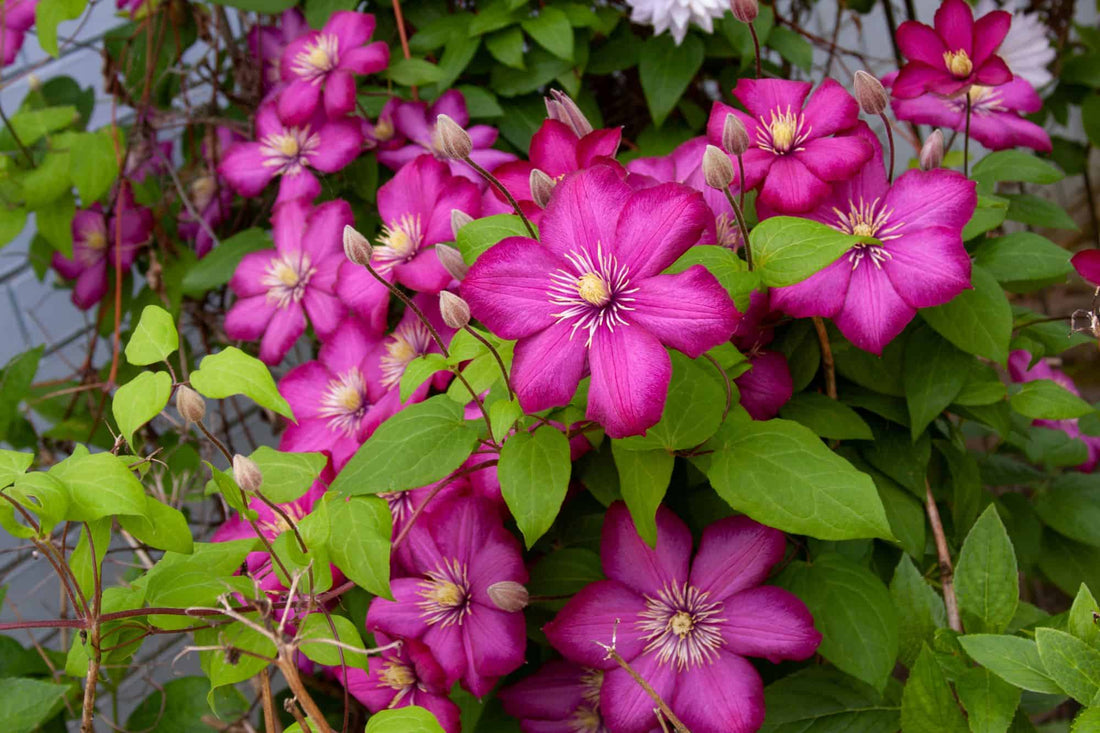Clematis: How to Pronounce
The word "clematis" is often debated among gardeners because it has two widely accepted pronunciations. While the name may vary depending on the region, both pronunciations are correct and reflect the universal admiration for these stunning clematis vines.

Common Pronunciations
-
CLEH-muh-tis
- Widely used in the UK.
- Pronounced with a softer emphasis on the middle syllable.
-
KLEH-mat-iss
- Common in the US.
- Pronounced with a sharper emphasis on the second syllable.
Both versions are widely understood among gardening communities, so you can use whichever you feel most comfortable with.
Breaking Down the Name
- CLEH: A short, crisp start similar to the word "clem" in Clementine.
- MAT or MUH: The middle syllable varies based on regional pronunciation.
- ISS or TIS: Both pronunciations end with a soft, clean sound.
Interesting Facts About the Name
- The name “clematis” originates from the Greek word “klēmatis,” which means "climbing plant."
- Clematis vines have been cultivated for centuries, admired for their ability to climb walls, fences, and trellises while producing show-stopping clematis flowers.
- Despite the varied pronunciations, the beauty of clematis plants speaks a universal language in gardens around the world.

Does Pronunciation Matter?
While some gardeners may prefer one pronunciation over the other, both are widely accepted and used. It’s more important to focus on the care and enjoyment of your clematis plants than on how their name is pronounced. To find the perfect clematis vine for your garden, browse our Clematis Collection.
FAQ: Clematis How to Pronounce
Q: Is one pronunciation more correct than the other?
A: No, both pronunciations are widely accepted and understood. It often comes down to regional differences.
Q: How do gardening experts pronounce clematis?
A: Experts typically use the pronunciation most common in their region. In the US, “KLEH-mat-iss” is more prevalent, while the UK favors “CLEH-muh-tis.”
Q: Do different clematis varieties have unique pronunciations?
A: No, the name “clematis” is consistent across all varieties, regardless of type.
These updated articles match your preferred length, format, and structure, Brad. Let me know if further tweaks are needed!





